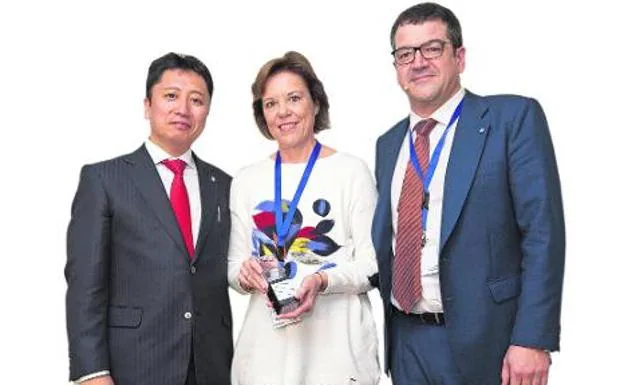


What they'll discover is an asshole, a working class hero and the rudest chef in London." James Oseland, writing in Publishers Weekly, noted that he was looking for a soul-deep account of the chef, but found that White "provides no such insights, offering readers little more than a continual, atonal concerto of scuffles with customers and insults to co-workers." Oseland remarked: "I wanted to say to White as I was reading, stifle all that alpha male stuff and just cook." David Kamp, writing in the New York Times Book Review, brought up White's fiery temper and fantastic outbursts in the kitchen, but noted that "even as White recounts these tales, though, he does so without sensationalism or self-congratulation. Writing in the Boston Globe, Sheryl Julian commented that "the subtitle of the new book … is both off-putting and intriguing." A contributor to the Open Critic Web site assumed that "people will stumble on this book and be attracted by its noir-ish good looks and promise of a bad boy betwixt the covers. Jay Rayner, writing in the London Observer, commented that "although there is some good, chewy stuff buried deep in here on kitchen life and the work of mentors such as Albert Roux, Pierre Koffman and Raymond Blanc, who emerges as the greatest influence, it is mostly about settling scores." Tom Jaine, writing in the London Guardian, found that "by all accounts, he was an exceptional chef: extremely fast, with a very good eye, unerring taste and great skill in absorbing and reinterpreting the knowledge, and recipes, of others." Jaine remarked, however, that "White was always more than mere chef and this book might better be titled ‘Memoirs of a Bully.’" Jaine observed that "it is not easy to warm to our memoirist's endless boasting, despite admiring his feats of culinary legerdemain." Booklist contributor Mark Knoblauch wrote that the "enfante terrible of the kitchen" uses "uncensored prose" to tell his story. The autobiography, told by James Steen, outlines the rise of the popular chef from his childhood through his days in the kitchen. In 2006 White published White Slave: The Autobiography: The Godfather of Modern Cooking, published the following year in the United States as The Devil in the Kitchen: Sex, Pain, Madness, and the Making of a Great Chef. White garnered a reputation for both his sensationalism as well as his cooking throughout the 1980s and 1990s, publishing a number of cooking books. He is the youngest chef to receive three Michelin stars, the highest honor for a chef. Marco Pierre White is an English chef and restaurateur. (With James Steen) White Slave: The Autobiography: The Godfather of Modern Cooking, Orion Books (London, England), 2006, published as The Devil in the Kitchen: Sex, Pain, Madness, and the Making of a Great Chef, Bloomsbury ( New York, NY), 2007. White Magic, Ebury Press (London, England), 2002. Wild Food from Land and Sea, Ebury Press (London, England), 1999. The Mirabelle Cookbook, Ebury Press (London, England), 1999. White Heat, Headline (London, England), 1992.Ĭanteen Cuisine: In the Kitchen with Michael Caine, Ebury Press (London, England), 1995. Founder or business partner of a number of restaurants around the world. Worked as a cook, 1981-86 Harvey's, London, England, founder, 1986- Restaurant Marco Pierre White, London, chef, 1992-96 Oak Room, London, chef, 1996-99 host of Hell's Kitchen, 2007. Born December 11, 1961, in Leeds, West Yorkshire, England married Alex McCarthy, J(divorced, January, 1990) married Lisa Butcher, Aug(divorced, November, 1992) married Matilde Conejero, Ap(divorced, 2007) children: four.


 0 kommentar(er)
0 kommentar(er)
